AWS Cloud Practitioner Certification (CLF-C01)
Our online instructor-led AWS cloud practitioner certification course is designed by world-class industry professionals from leading organisations. This course’s primary goal is to assist you in passing the AWS Certified Cloud Practitioner (CLF-C01) test. You will become a certified professional by gaining a foundational understanding of AWS cloud principles through this course.
Overview
In order to become a certified cloud practitioner (CPP), you must successfully complete this AWS cloud practitioner certification course taught by experts who will help you understand the cloud shared responsibility model, Amazon CloudWatch, and other key AWS concepts.
What modules will be taught to you in our AWS cloud practitioner course?
The AWS cloud practitioner topics that will be taught in this course are mentioned below:
- AWS cloud and its value proposition
- Aspects of the economics of the AWS cloud
- Cloud architecture design principles
- AWS shared responsibility model
- AWS cloud security and compliance
- AWS access management
- Security support
- Methods of deployment and operation in the AWS cloud
- AWS global infrastructure
- Core AWS services
- Technology support
- Comparison between AWS pricing models
- Account structures in AWS billing and pricing
- Billing support
Why sign up for this AWS cloud practitioner training?
You must enroll in this course for the following reasons:
- In the United States, there are more than 900 job opportunities for AWS certified cloud practitioners – Indeed
- According to PayScale, the annual salary for an AWS certified cloud practitioner is roughly US$131,226.
- AWS has a 32% market share and is the leading cloud service provider in the market – Canalys
Who can enroll in our online AWS certified cloud practitioner course?
The following individuals can register for this program:
- SysOps administrators
- Cloud developers
- Cloud administrators
- Security specialists
- Solutions architects
- Database administrations
- Those who wish to build a career in AWS
- Professionals looking for a career transition
- Professionals who want to clear the exam CLF-C01 and move ahead in their career
Our Package
1.1 Benefits of the AWS cloud
- Security
- Global reach
- Reliability
- Agility
- High availability
- Elasticity
- Pay-as-you go pricing
- Scalability
- Economy of scale
1.2 How does the AWS cloud allow its users to focus on business value?
Shift the technical resources to revenue-generating activities instead of managing infrastructure
2.1 Total cost of ownership proposal
- Role of operational expenses (OpEx)
- Role of capital expenses (CapEx)
- Labor costs associated with on-premises operations
- Software licensing costs’ impact when shifting to the cloud
2.2 Identify the operations that will reduce costs by migrating to the cloud
- Correct-sized infrastructure
- Advantages of automation
- Reduced compliance scope like reporting
- Managed services, such as RDS, ECS, EKS, and DynamoDB
3.1 Explain the design principles
- Design for failure
- Decouple components vs monolithic architecture
- Implementation of elasticity in the cloud vs its implementation on-premises
- Think parallel
4.1 Elements of the shared responsibility model
4.2 Customer’s responsibility on AWS
- How do the customer’s responsibilities shift based on the AWS service used?
4.3 AWS responsibilities
5.1 Where can you find AWS compliance information?
- Locations of lists of recognized available compliance controls
- Compliance requirements variation among AWS services
5.2 At a high level, how do customers achieve compliance on AWS?
- Various encryption options on AWS
5.3 Who enables encryption on AWS for the respective service?
5.4 Services that help in auditing and reporting
- Logs for auditing and monitoring
- Amazon CloudWatch
- AWS Config
- AWS CloudTrail
5.5 Least privileged access
6.1 Purpose of User and Identity Management
- Access keys and password policies
- Multi-factor authentication (MFA)
- AWS identity and access management (IAM)
6.2 Groups/users
6.3 Roles
6.4 Policies and managed policies vs custom policies
- Use of root accounts
- Root accounts protection
7.1 Various capabilities of network security
- Native AWS services
- Third-party security products from the AWS Marketplace
7.2 Documentation
- AWS knowledge center, security forum, security center, and security blogs
- Partner systems integrators
7.3 Security checks as a component of AWS trusted advisor
8.1 Ways to provision and operate in the AWS cloud
- Programmatic access, AWS management console, APIs, SDKs, CLI, infrastructure as code
8.2 Types of cloud deployment models
- All in with cloud or cloud-native
- On-premises
- Hybrid
8.3 Connectivity options
- AWS direct connect
- VPN
- Public internet
9.1 Relationships between availability zones, regions, and edge locations
9.2 How to achieve high availability using multiple availability zones
9.3 Use of multiple AWS regions
- Low latency for end-users
- Data sovereignty
- Disaster recovery or business continuity
9.4 Benefits of edge locations at a high level
- Amazon CloudFront
- AWS global accelerator
10.1 Categories of services on AWS
10.2 AWS compute services
- Compute families
- Distinct services that offer compute, like AWS Lambda, Amazon EC2, and more
- Elasticity with the use of autoscaling
- Use of load balancers
10.3 AWS storage services
- Amazon S3
- Amazon elastic block store (EBS)
- Amazon S3 glacier
- AWS snowball
- Amazon elastic file system (EFS)
- AWS storage gateway
- AWS networking services
- VPC
- Security groups
- Use of Amazon route 53
- VPN,
- AWS direct connect
10.4 AWS database services
- Installation of databases on Amazon EC2 vs AWS-managed databases
- Amazon RDS
- Amazon DynamoDB
- Amazon Redshift
11.1 Documentation
11.2 Levels and scope of AWS support
- AWS support cases
- AWS abuse
- Premium support
- Technical account managers
11.3 Partner network like system integrators and independent software vendors
11.4 Sources of AWS technical assistance, including solution architects, professional services, training and certification, and the Amazon partner network
11.5 Advantages of AWS trusted advisor
12.1 On-demand instance pricing
12.2 Reserved-instance pricing
- Reserved-instances flexibility
- Reserved-Instances behavior in AWS organizations
12.3 Spot instance pricing
13.1 Consolidated billing in AWS organizations
13.2 Use of multiple accounts to allocate costs across departments
14.1 Ways to receive billing information and support
- AWS cost
- Cost explorer
- Usage report
- Amazon QuickSight
- Third-party partners
- AWS marketplace tools
- Opening a billing support case
- Role of concierge for the customers of the AWS enterprise support plan
14.2 Finding pricing information on AWS services
- AWS services product pages
- AWS simple monthly calculator
- AWS pricing API
14.3 Alarms and alerts
14.4 Use of tags in cost allocation
Upcoming Batch
April 20th (Weekends)
FRI & SAT (4 Weeks)
08:30 PM to 01:00 AM (CDT)
April 18th (Weekdays)
MON – FRI (18 Days)
10:00 AM to 12:00 PM (CDT)
AWS Certified Cloud Practitioner FAQs
The AWS Certified Cloud Practitioner certification was introduced by Amazon Web Services in 2017 as an entry-level credential. It is ideal for individuals looking to demonstrate overall knowledge of cloud computing concepts, AWS services, pricing models, architecture, security, and compliance.
Earning the Cloud Practitioner certification validates foundational understanding of AWS and cloud in general. It provides a starting point before progressing to more advanced technical certifications focused on specific AWS services.
The exam covers cloud concepts, AWS core services for compute, storage, database, networking, security, analytics, machine learning, application integration, management and monitoring tools. It also tests knowledge of billing, account management, technology economics including pricing models and cost management tools.
Overall, the AWS Certified Cloud Practitioner certification is a great way for cloud aspirants to validate cloud fluency across AWS and build a solid foundation to advance cloud computing skills. The credential signals baseline expertise for those new to AWS and cloud to potential employers.
The AWS Cloud Practitioner certification introduced in 2017 is an entry-level credential from Amazon Web Services. It validates basic understanding of cloud concepts, AWS services, pricing, security, and compliance.
Earning this certification demonstrates cloud fluency and foundations in AWS. It provides a starting point before progressing to more advanced technical certifications.
The exam covers core AWS services like compute, storage, database, networking, analytics, and application integration. It also tests billing, account management, and cost optimization knowledge.
Overall, the Cloud Practitioner certification helps cloud aspirants validate AWS knowledge and build a base for developing cloud computing skills. It signals baseline expertise for those new to AWS and cloud.
- First, log in to your AWS certification account using https://www.aws.training/certification
- Once you are logged in, click the Upcoming Exams menu link.
- In the next step, you will need to scroll down to the bottom of the page and will find the Eligible Exams list. In this list, you will view different AWS certification level exams including the AWS certified cloud practitioner exam. You can schedule the exams using one of the following:
- PSI
- Pearson VUE Button
- In the next steps, you will have to submit your required identification documents, and choose your preferred language, country, time zone, and the date/time of your exam before confirming the payment. It is also recommended to run System Compatibility before scheduling the exam.
You may pass the AWS cloud practitioner certification exam (CLF-C01) with ease if you enrol in our AWS cloud practitioner certification training.
The average annual salary of an AWS cloud practitioner in India based on different roles as per Glassdoor and PayScale is listed below:
- AWS Certified Developer Associate: ₹960,979
- AWS Certified Solutions Architect Associate: ₹653,000
- AWS Certified Advanced Networking Specialty: ₹731,000
- AWS Certified Big Data Specialty: ₹145,000
- AWS Certified SysOps Administrator Associate: ₹994,560
Some of the essential skills required to become an AWS certified cloud practitioner are:
- AWS cloud
- Cloud architecture design principles
- AWS cloud security and compliance
- Deployment and operation in the AWS cloud
- Core AWS services
- Levels and scope of AWS support
- AWS pricing models
Managing an organization’s cloud computing architecture is the responsibility of AWS certified cloud practitioners. They oversee workload architectures, assist teams in resolving high-risk problems, and participate in cloud migration projects. Monitoring that the developers’ technological choices are in line with the company’s goals is one of their responsibilities.
- JPMorgan Chase & Co.
- Deloitte
- Kyndryl
- IBM
- Qualys
- Standard Chartered
According to LinkedIn, there are now more than 88,000 positions available in India for cloud specialists. Clearly, in 2023 there will be a huge demand for cloud practitioners.
EduPrimes provides round-the-clock assistance for your questions, and you may open a ticket at any moment with the committed team. Email help is available for all of your questions. Should your email inquiry remain unanswered, we can also schedule private meetings with our support staff. Support for one-on-one sessions, however, is offered for six months following the course start date.
All students who have successfully finished the course and advanced to the placement pool after passing the Placement Readiness Test (PRT) are eligible for placement assistance from Intellipaat. More than 500 leading MNCs and startups use Intellipaat students for hiring. Google, Microsoft, Amazon, Sony, Ericsson, TCS, Mu Sigma, and more companies use our alumni.
It seems not to be. Our job aid is targeted at helping you land in your desired job. It presents a possible chance for you to investigate numerous competing positions in the business sector and locate a well-paying position that fits your qualifications. The recruiter’s requirements and your performance during the interview will always be taken into consideration when making the hiring choice.
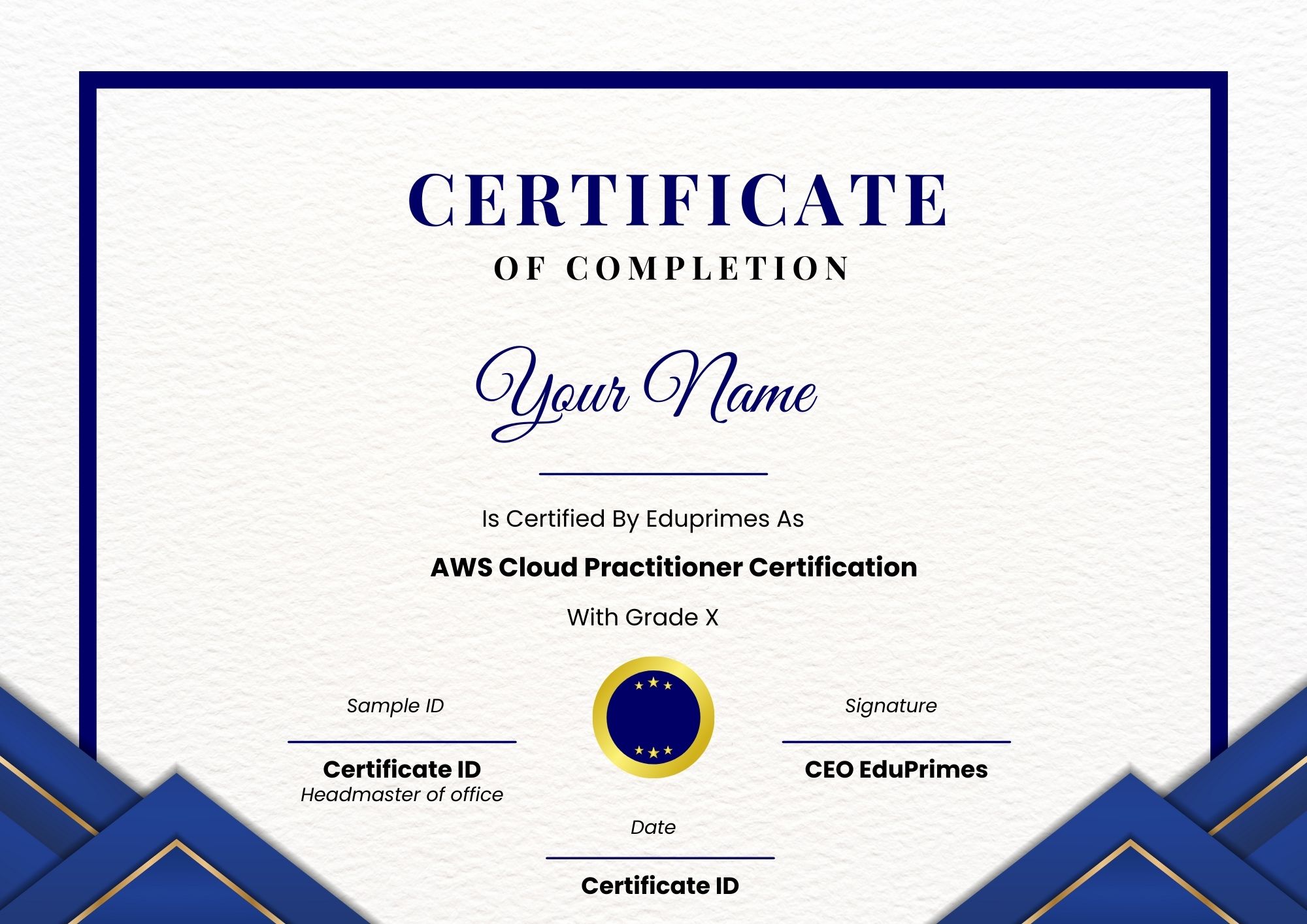

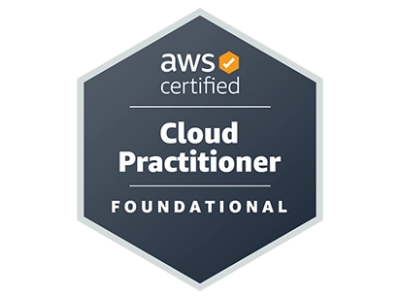
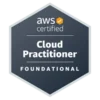
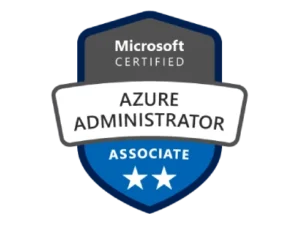

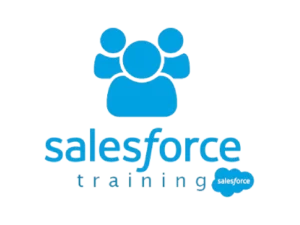


Reviews
There are no reviews yet.